DoControl’s Top 10 Achievements of 2025
Read DoControl's top 10 achievements of 2025, including new features, updates, accolades, and innovations to solve today's most pressing SaaS security challenges.
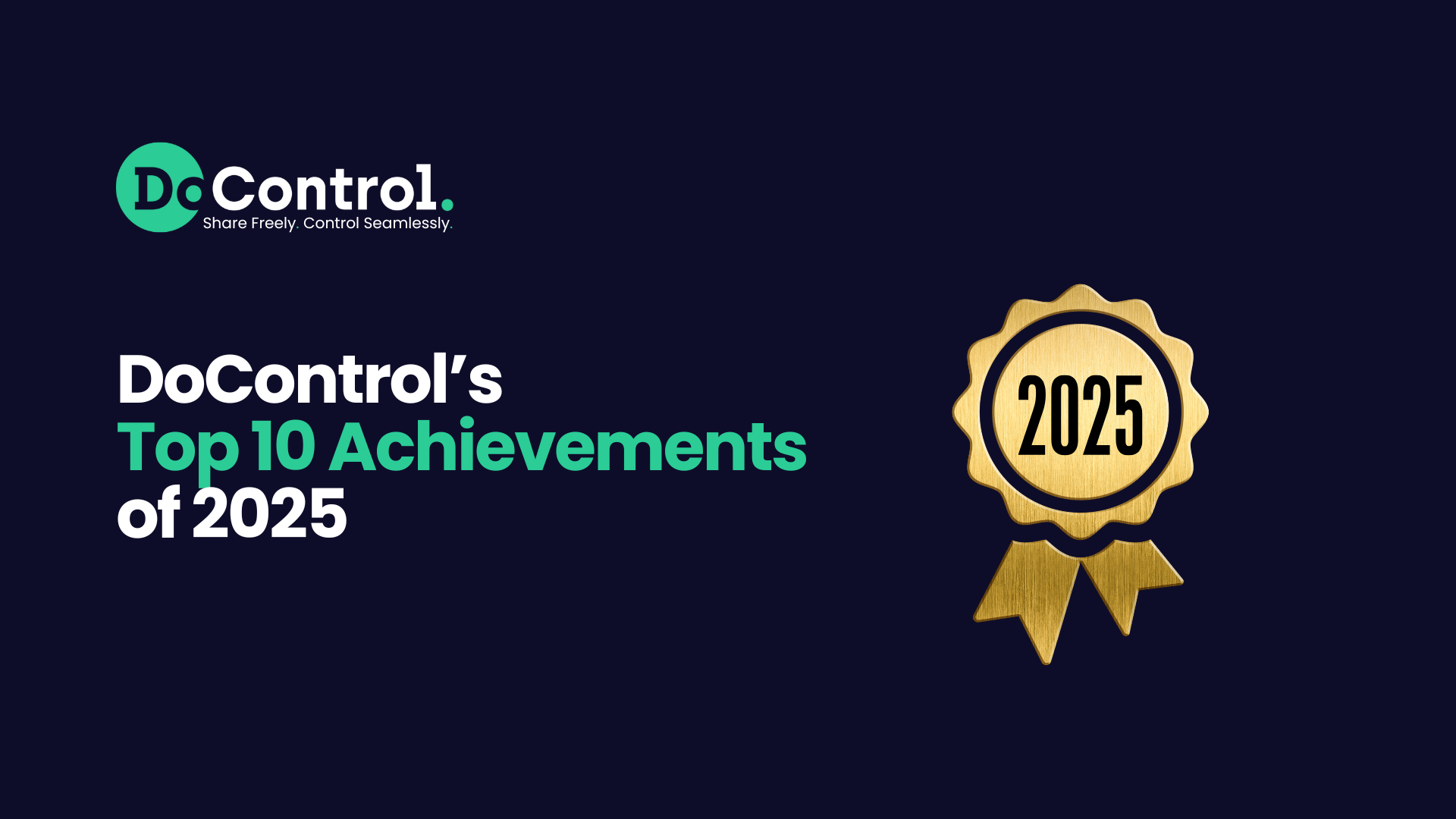

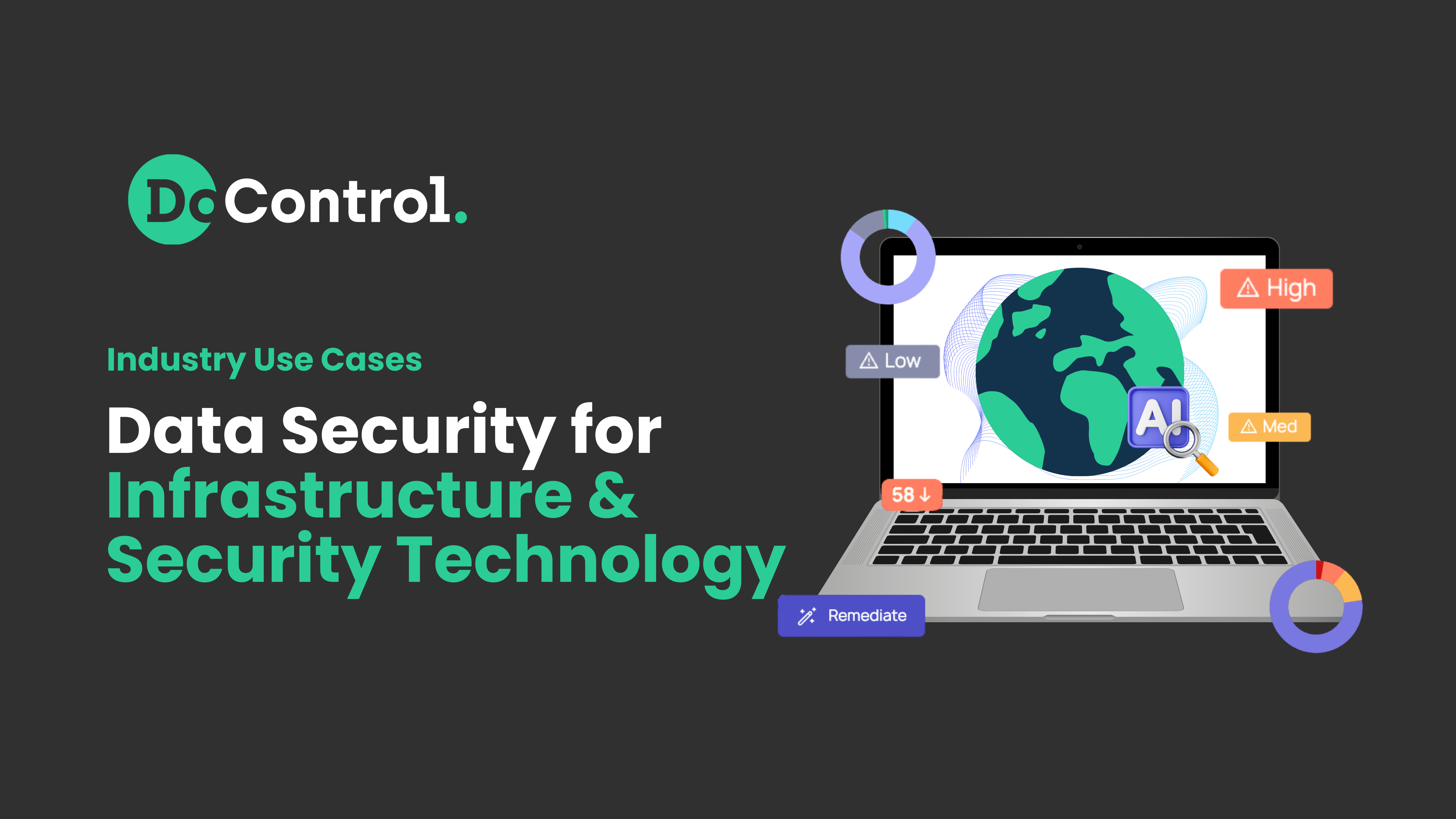
Explore the data security challenges infrastructure and security teams face as SaaS environments scale and AI-driven tools reshape access.
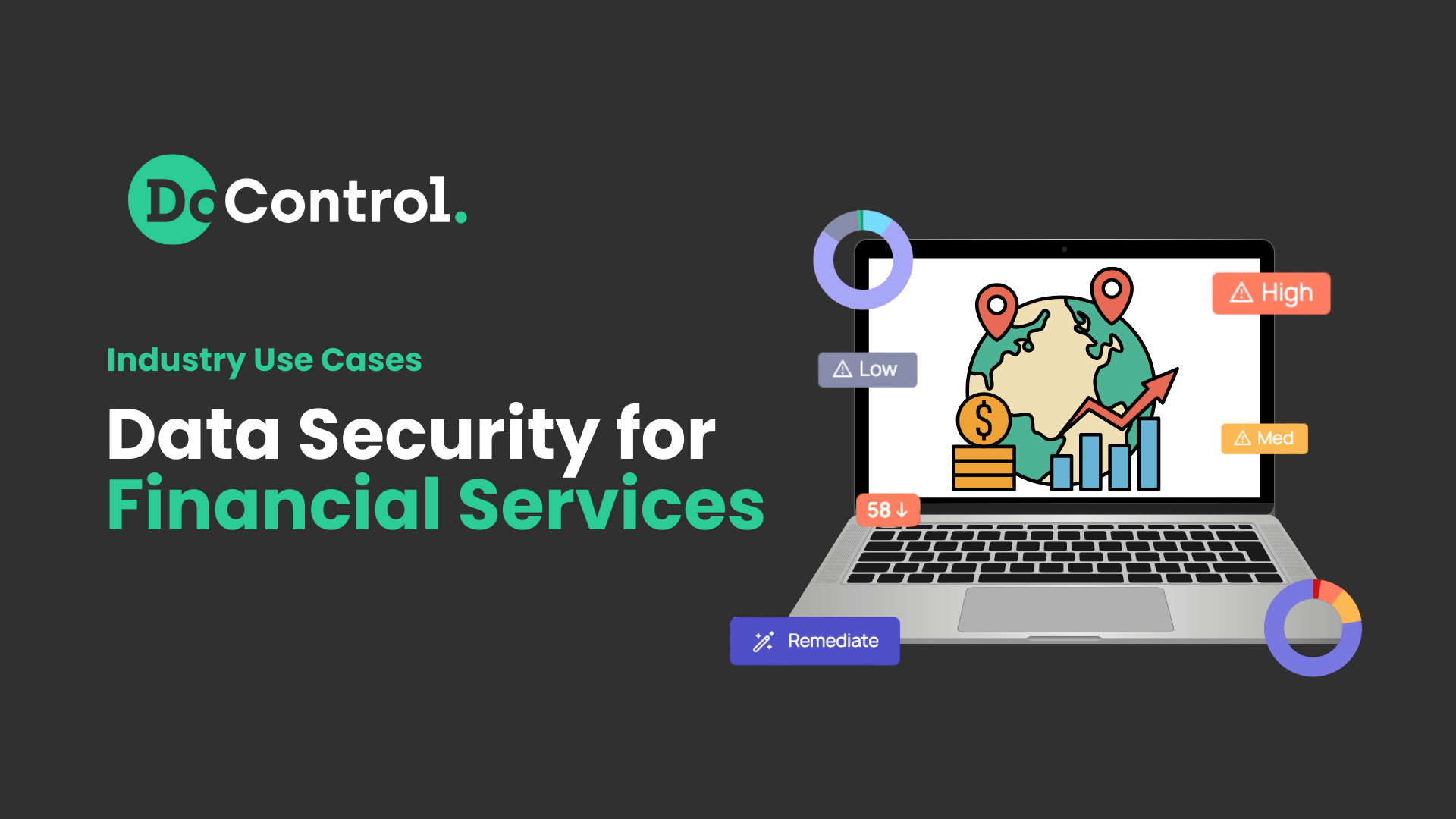
Explore the data security challenges financial services teams face, their biggest use cases, and how an automated SaaS data security solution keeps them fully protected.
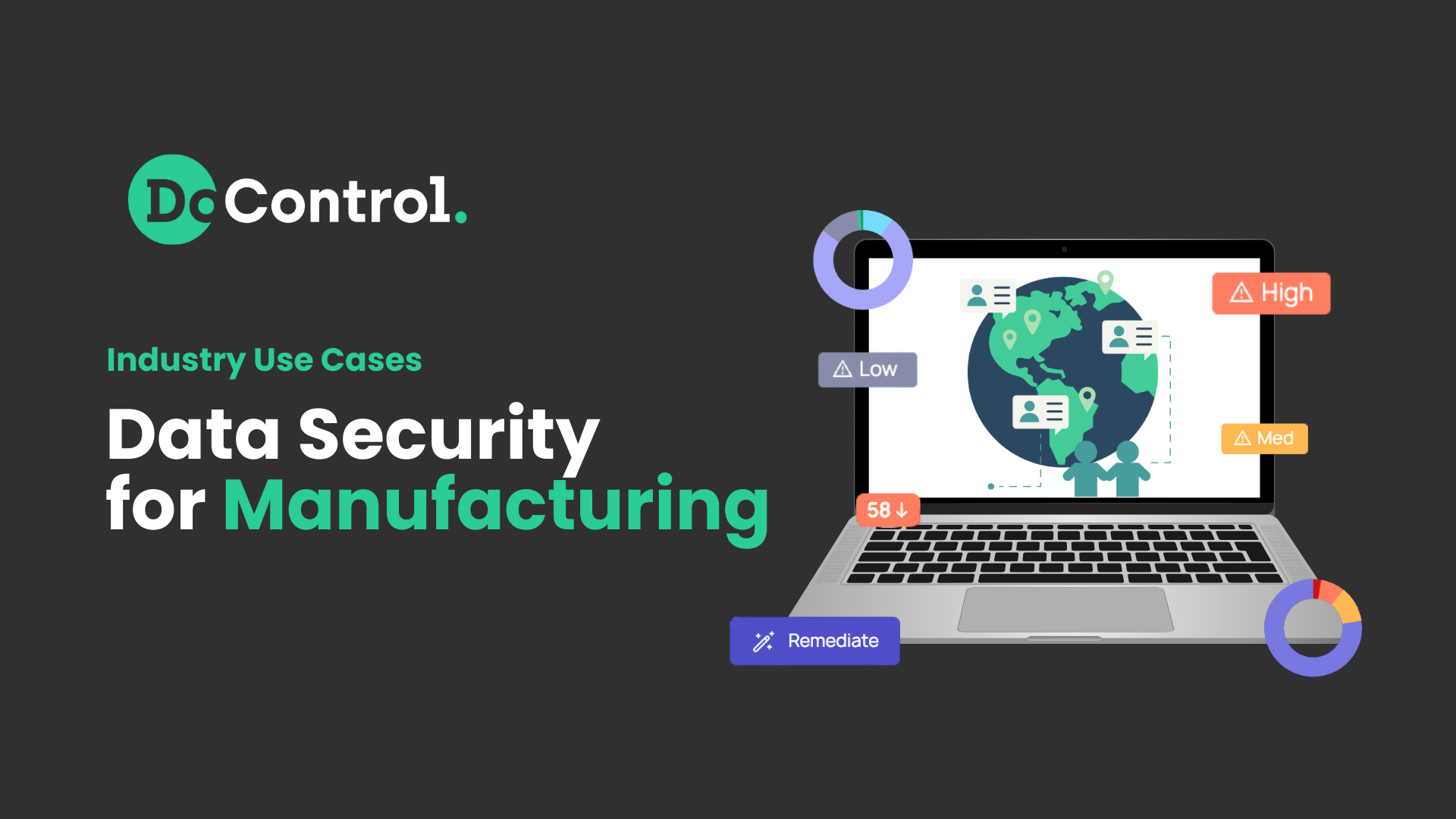
Explore the data security challenges manufacturing teams face, their biggest use cases, and how an automated SaaS data security solution keeps them fully protected.
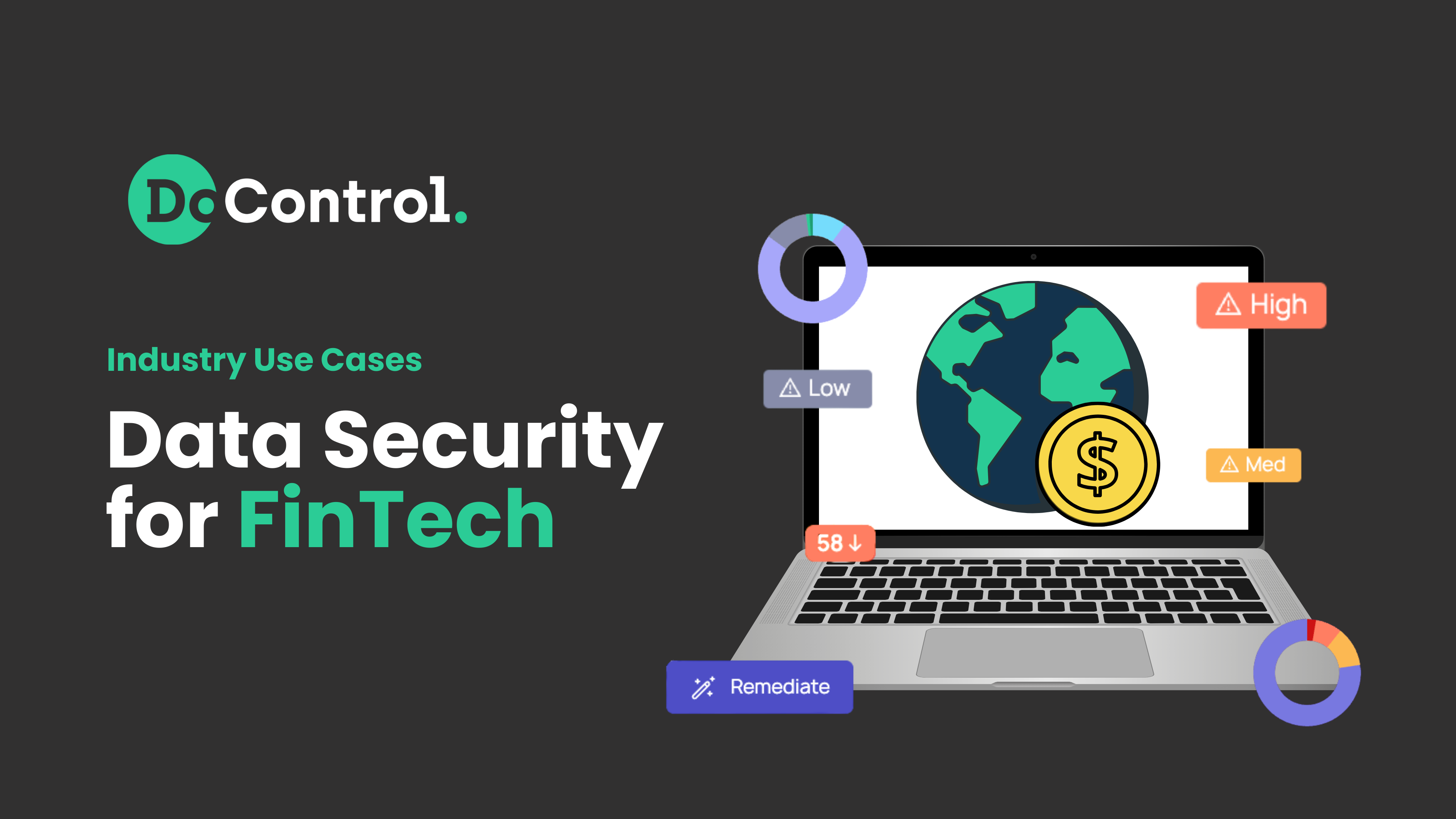
Explore the data security challenges Financial Technology teams face, their biggest use cases, and how an automated SaaS data security solution keeps them fully protected.
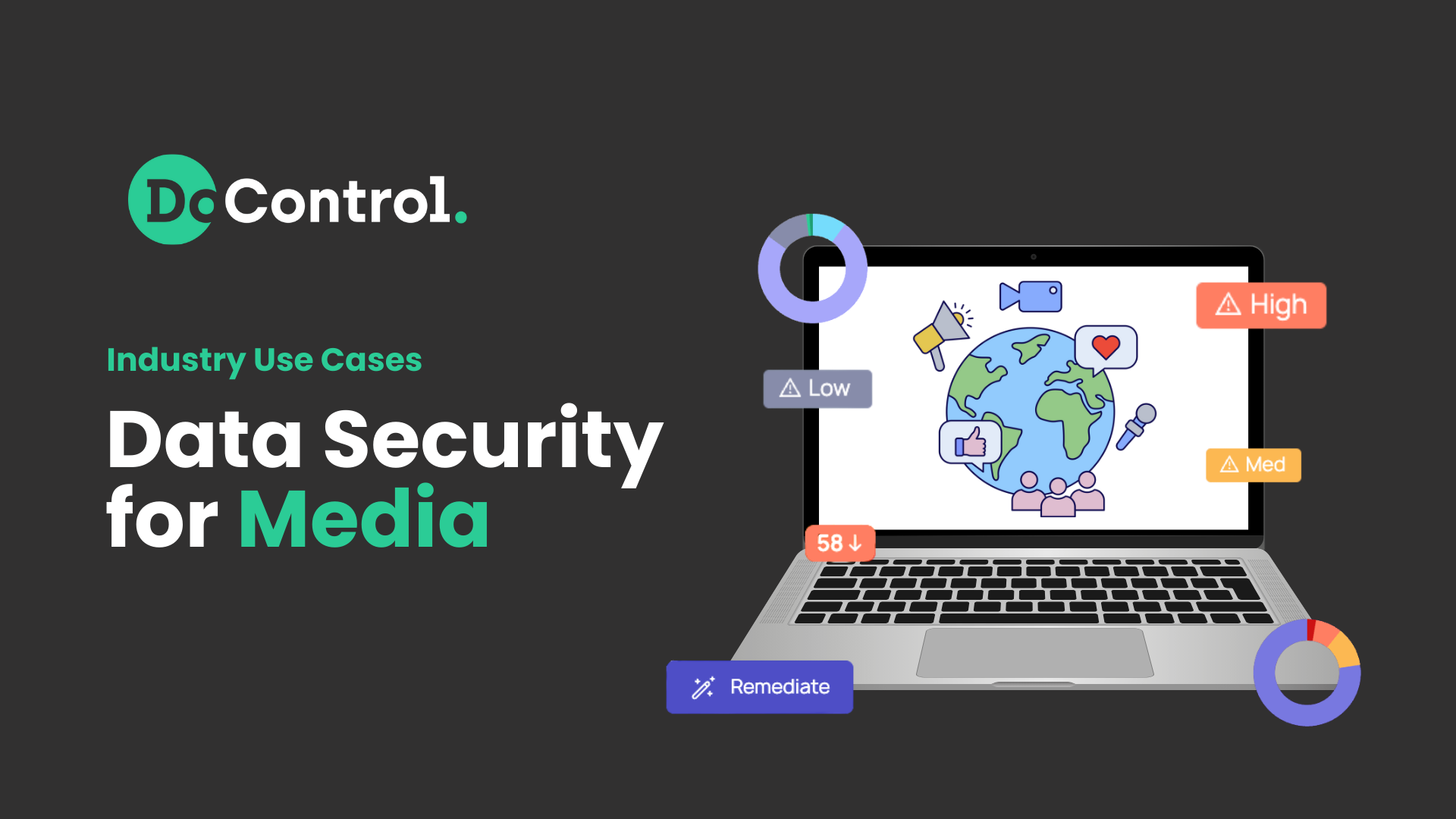
Explore the data security challenges Media companies face, their biggest use cases, and how an automated SaaS data security solution keeps them fully protected.
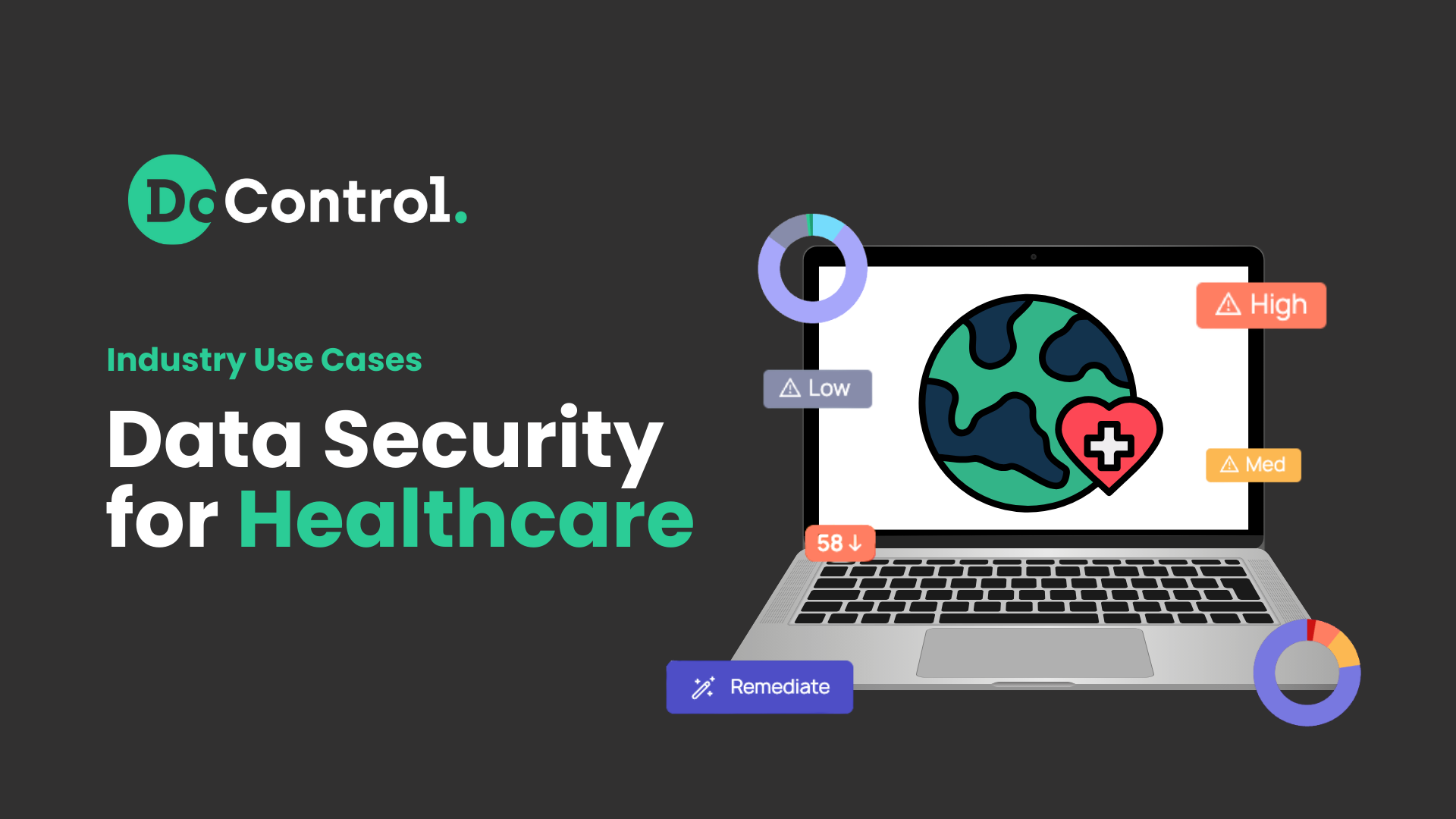
Explore the data security challenges Healthcare companies face, their biggest use cases, and how an automated SaaS data security solution keeps them fully protected.
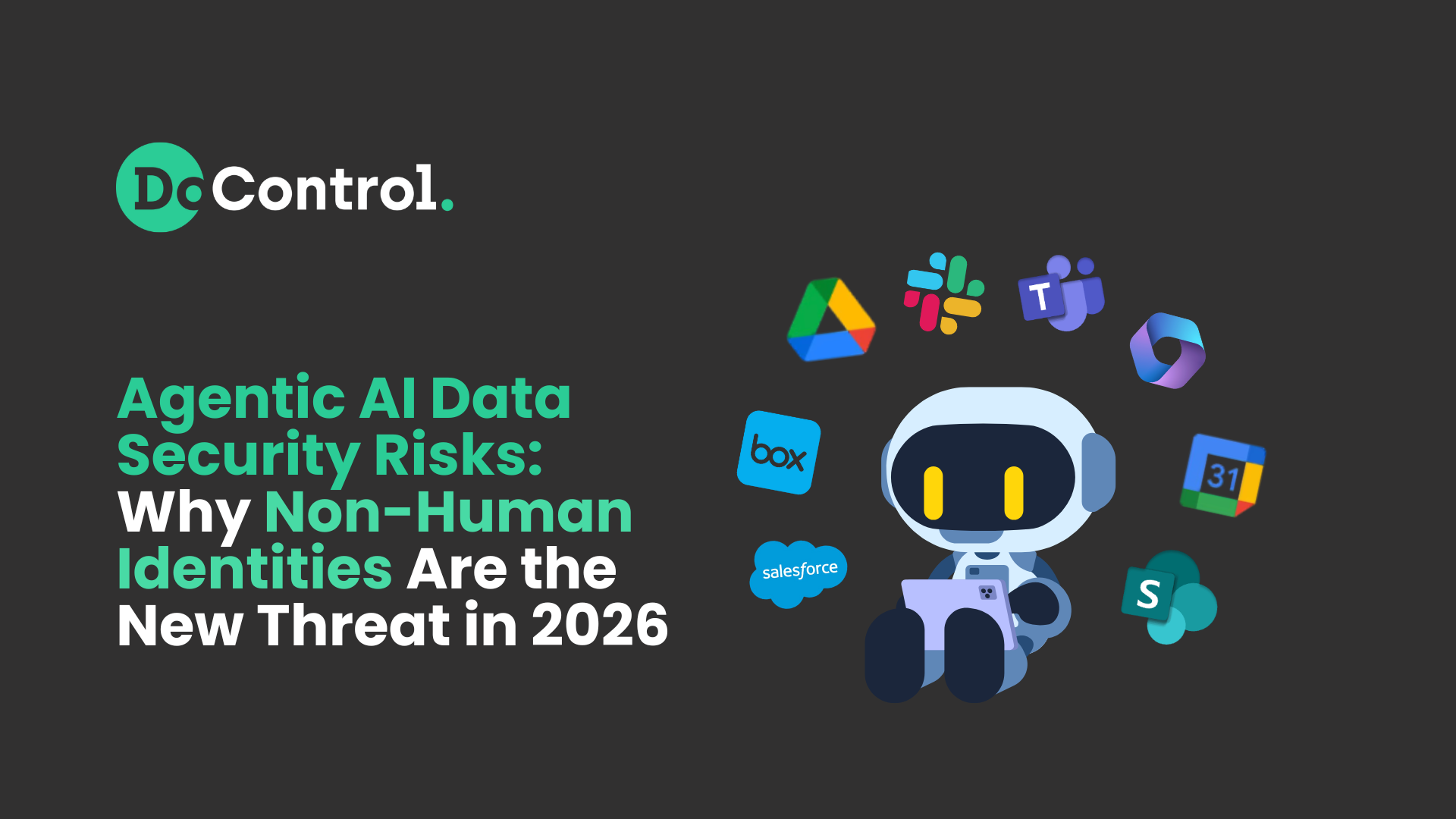
Agentic AI introduces new data risks. Learn how to secure non-human identities, prevent data leaks, and keep AI agents under control.

Explore the data security challenges Educational systems face, their biggest use cases, and how an automated SaaS data security solution keeps them fully protected.

Learn the strengths and weaknesses of Obsidian, and where other SaaS security solutions fill the gaps.
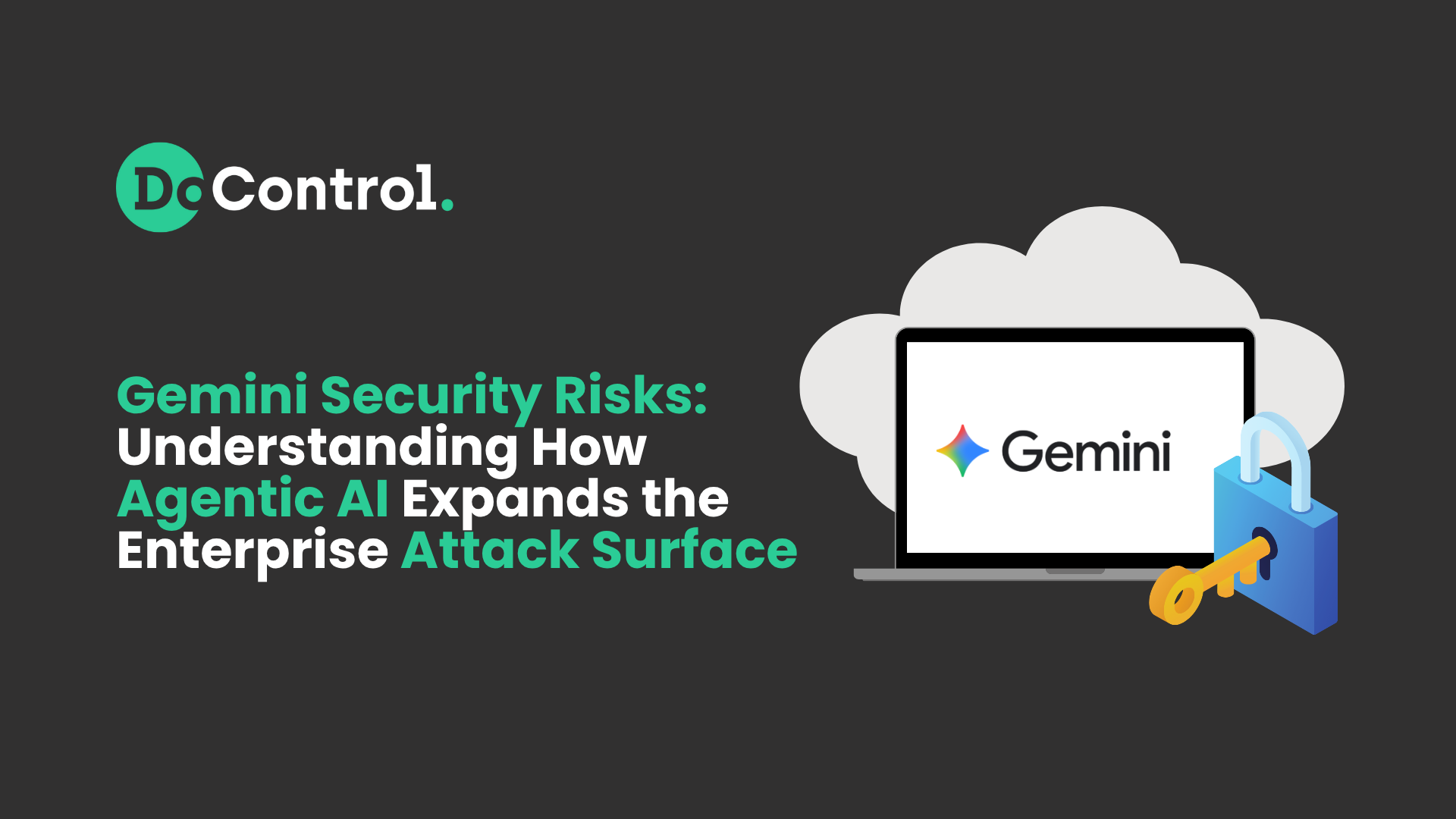
Discover the top Gemini AI security risks and how agentic AI expands enterprise attack surfaces through identity, SaaS, and data access exposure.

Explore AppOmni’s strengths, limitations, and top alternatives for an effective SaaS security solution.

Explore the top 10 Metomic alternatives and competitors for SaaS security, DLP, and data protection in 2026.

Learn the top Valence alternatives and where each solution fits into your SaaS security strategy.
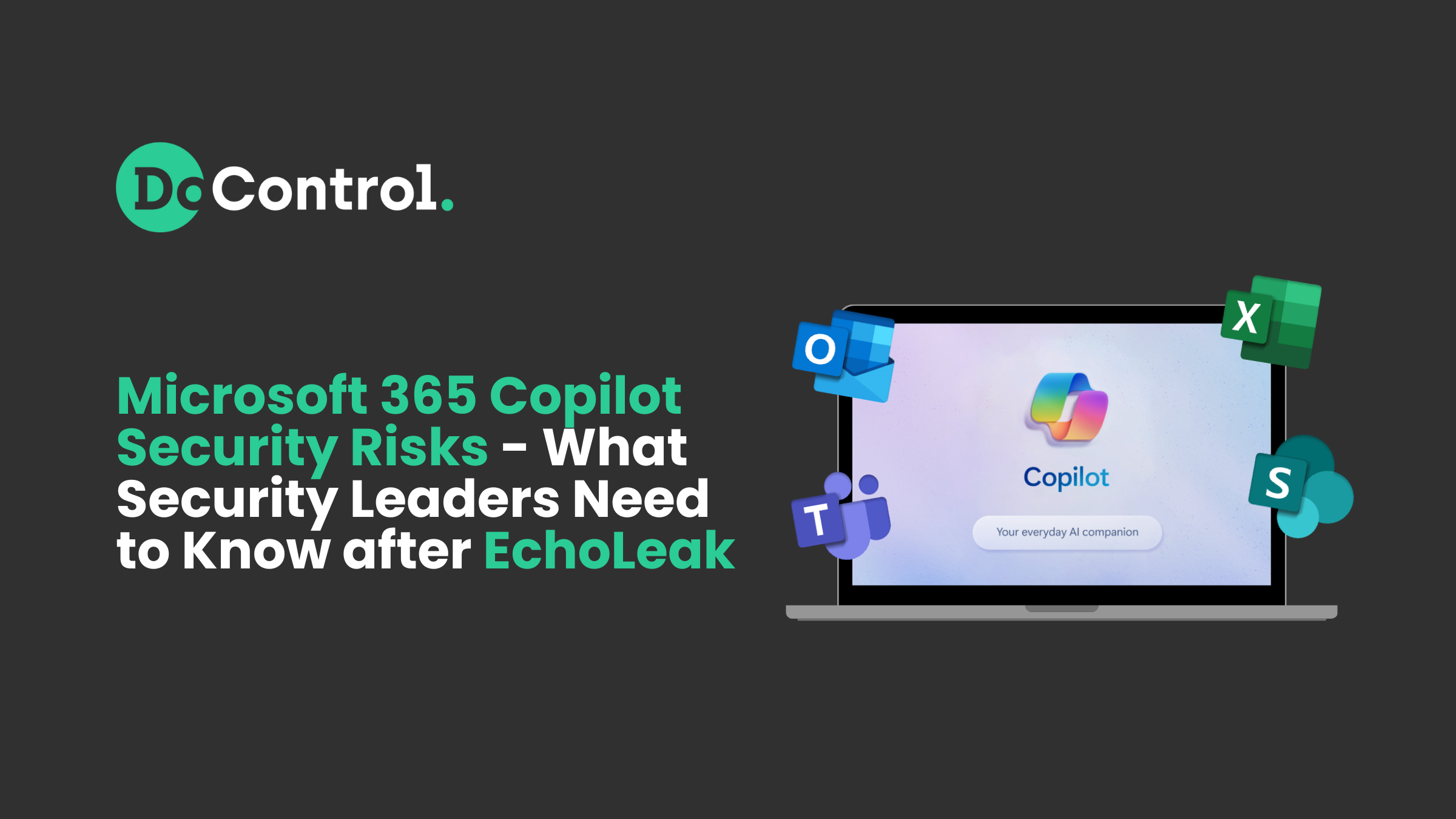
Learn the real risks Copilot introduces to M365 environments and how EchoLeak changed the world of AI security forever.

Discover if Gemini can access your Google Drive, the security risks it creates in Google Workspace, and how DoControl keeps sensitive data safe.

Discover the security risks of popular AI-tool, Glean, & how your organization can safely innovate without compromising security.

Learn the strengths and weaknesses of Nightfall's top 10 competitors.

Learn the key differentiators between Nudge Security and DoControl.
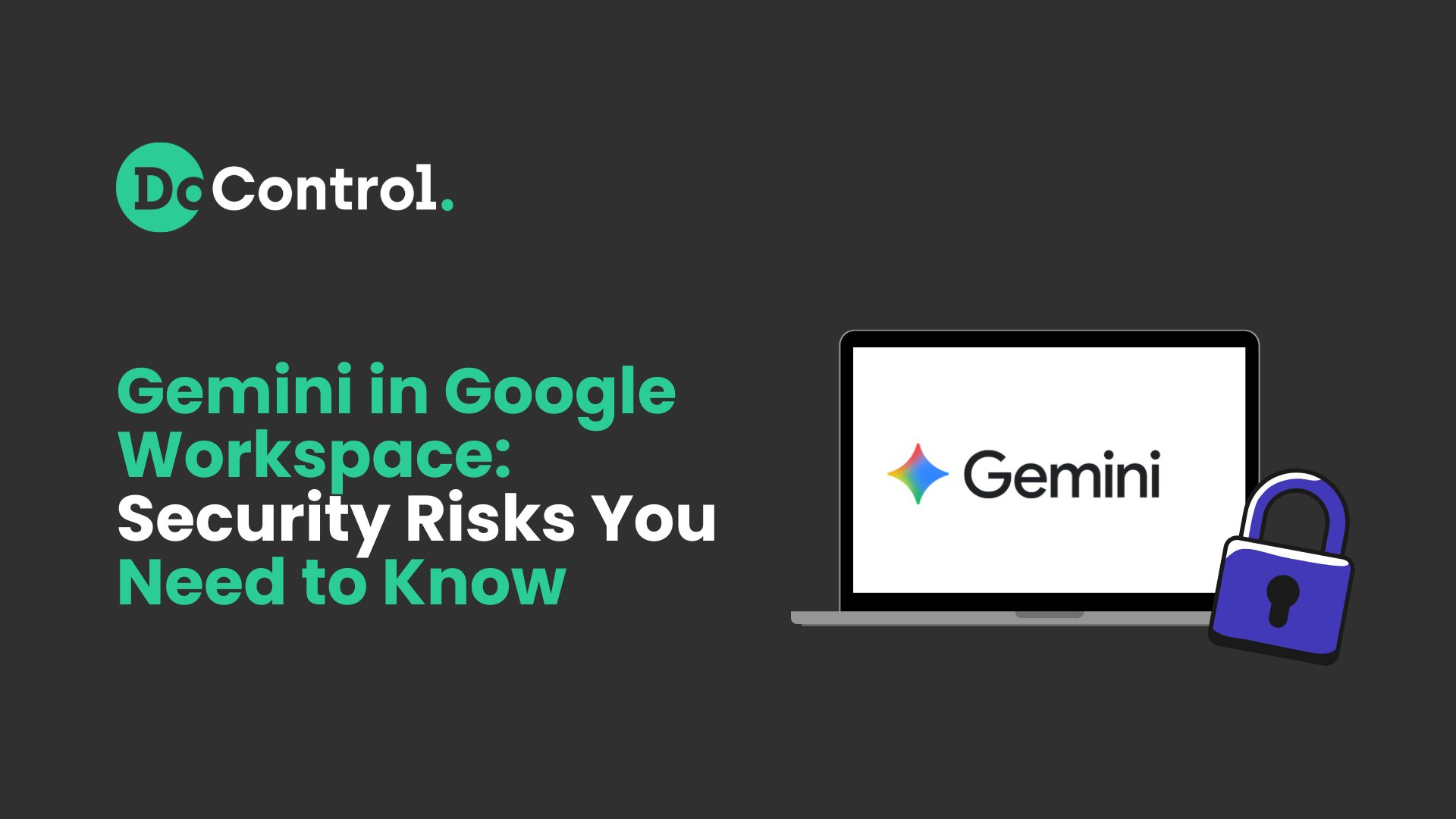
Learn the true risks of Gemini in Google Workspace, and the key things you need to know to keep your data secure.
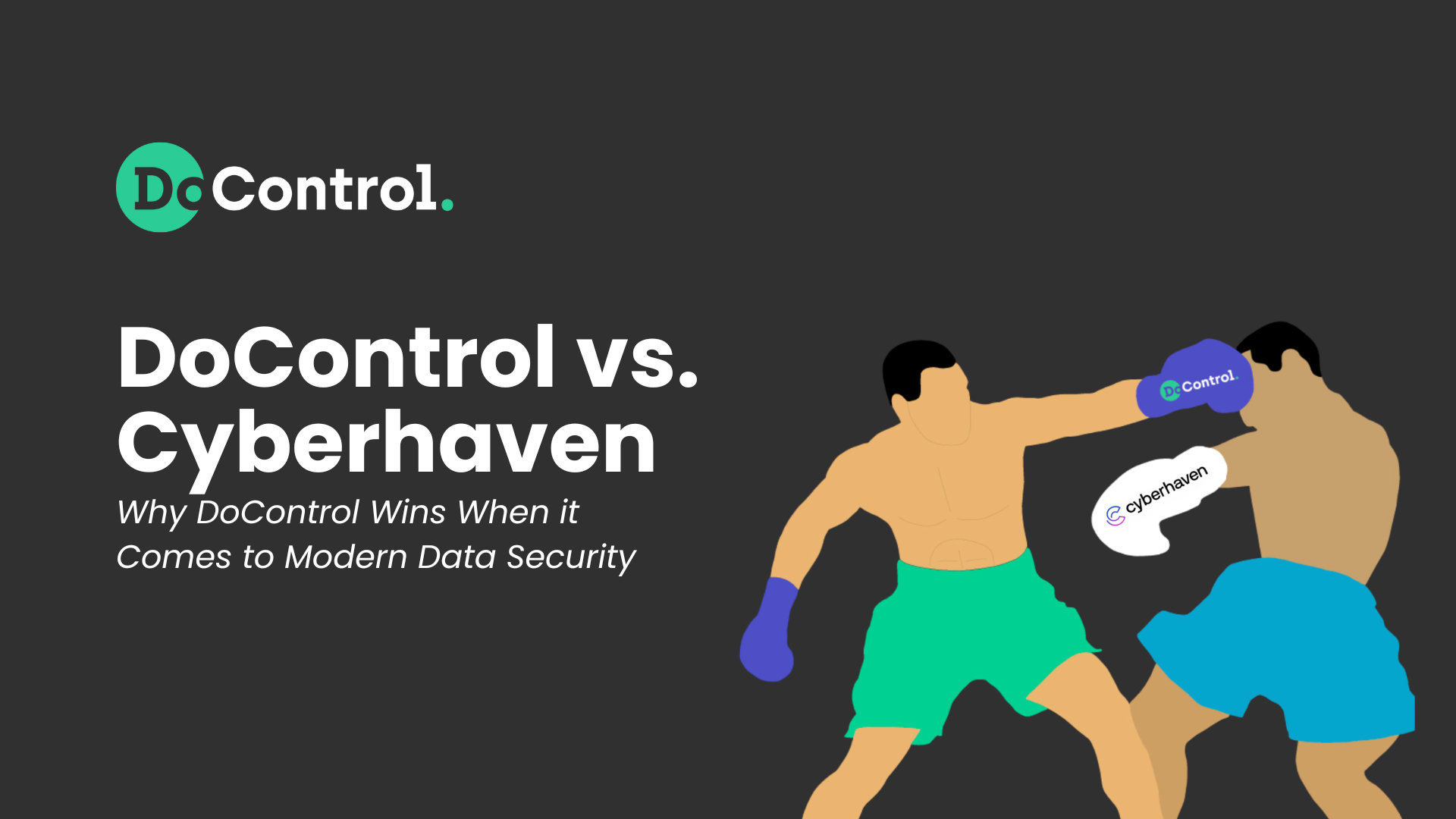
Learn where Cyberhaven falls short, and where DoControl shines in adressing critical gaps left behind by other security vendors.

Learn the strengths and limitations of Varonis' top 10 alternatives.
.png)
Discover the top Netskope alternatives and competitors, giving you what you need to know when selecting the right security vendor for your organization.
.png)
Learn how generative AI impacts SaaS security, key risks for security leaders, and how DoControl safeguards sensitive data in the AI era.
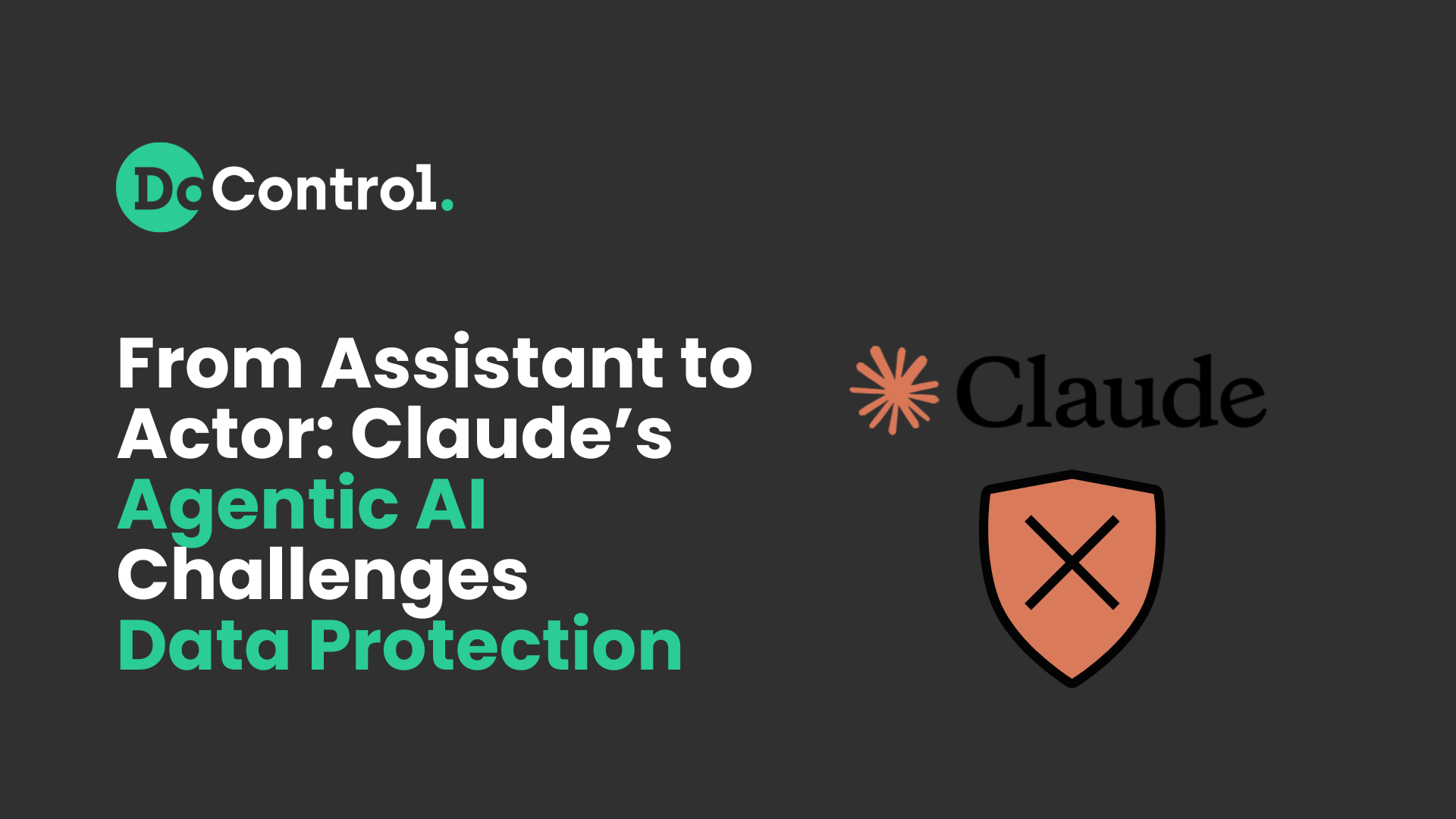
Learn about the new security risks of agentic AI within financial service companies.
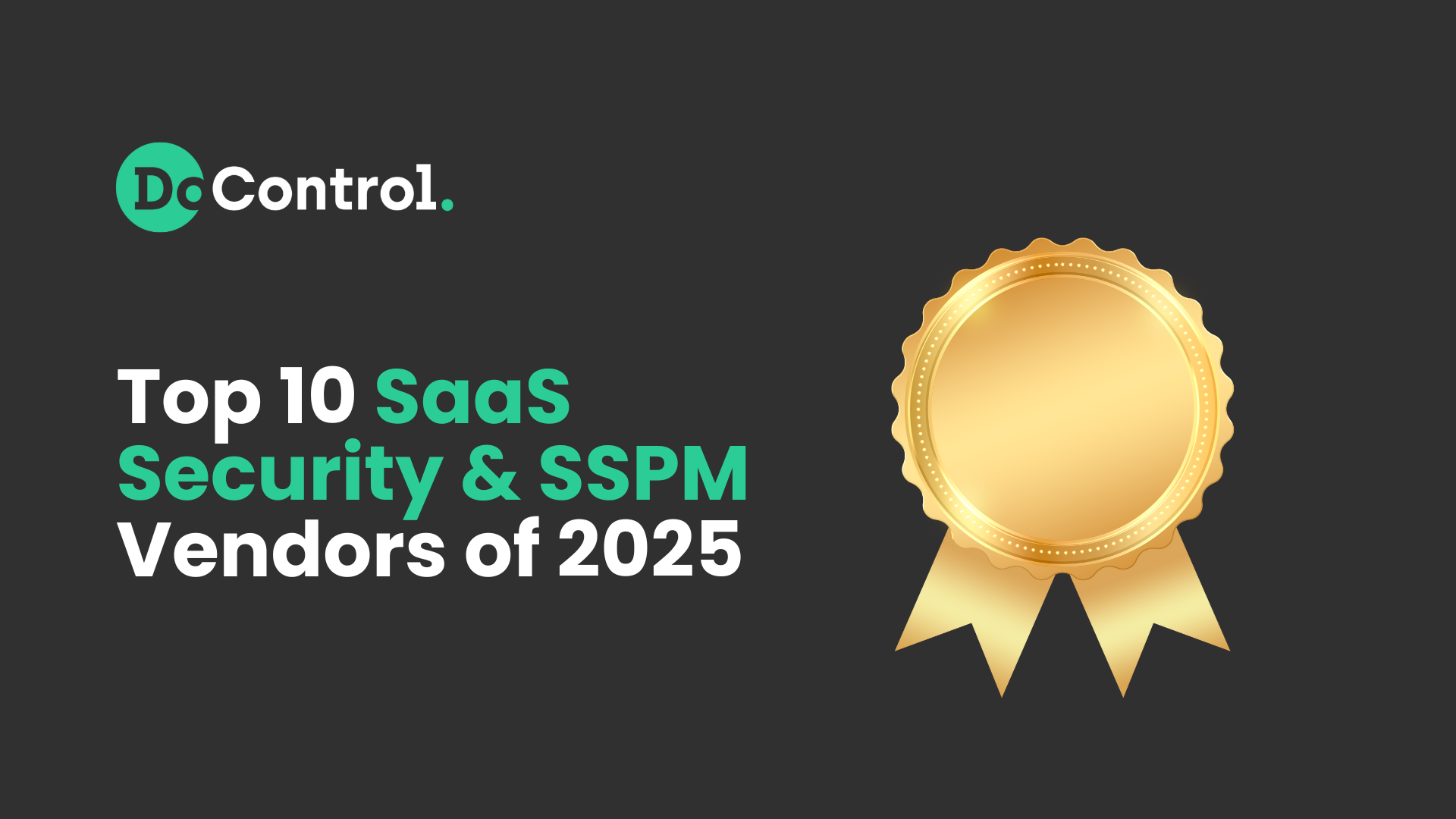
Learn the top 10 SaaS security & SSPM vendors of 2025 & see which one is right for you.

Learn how to detect GenAI shadow apps connected to your environment & how to mitigate their risks.